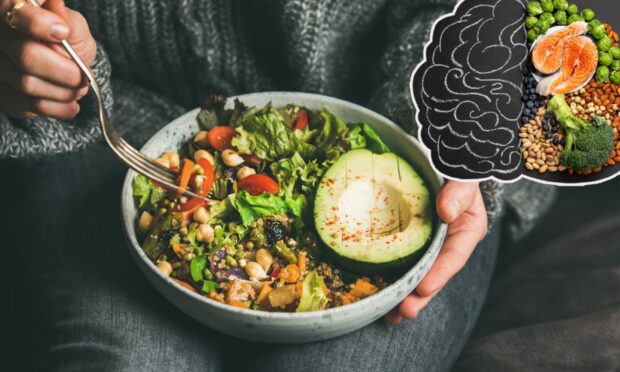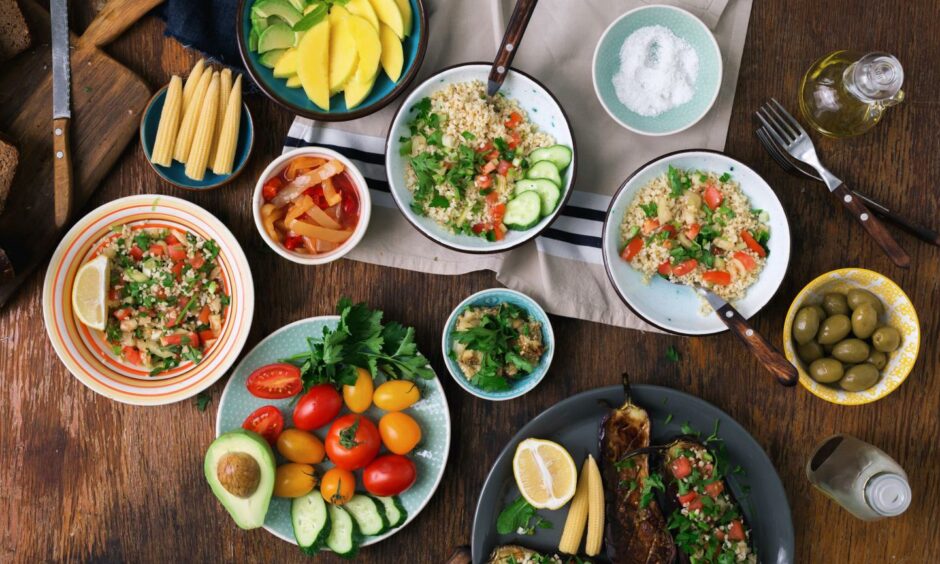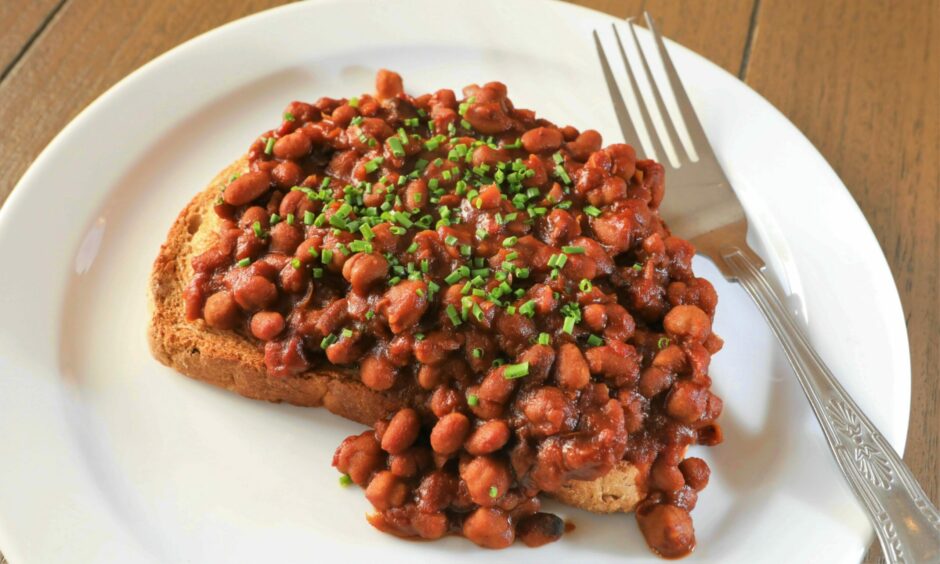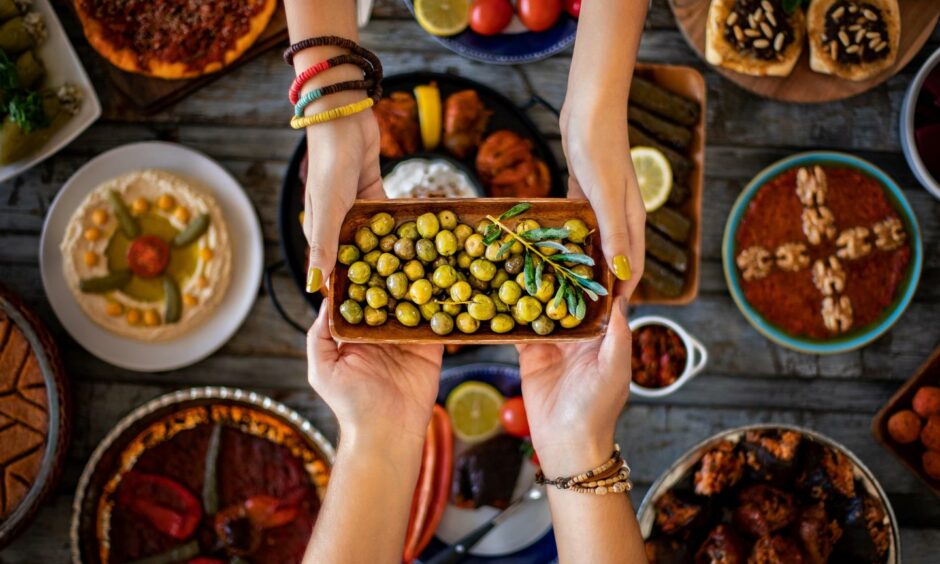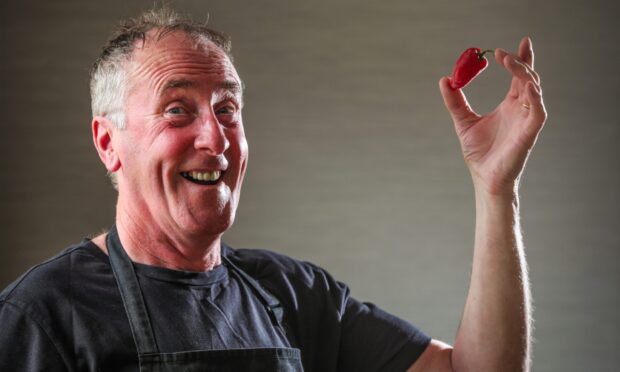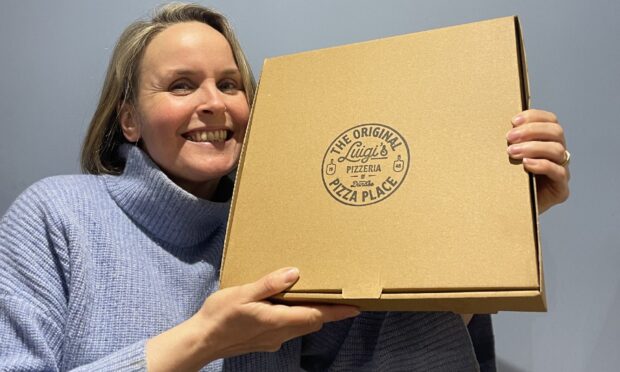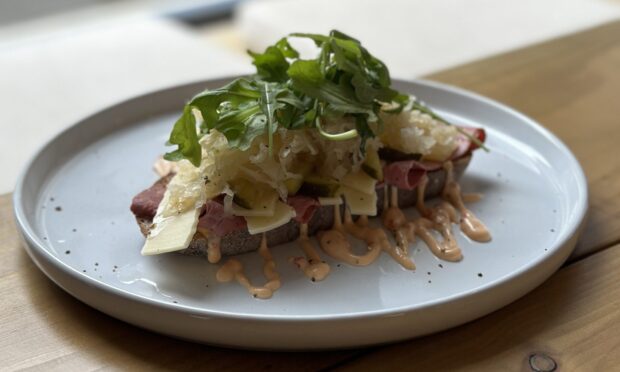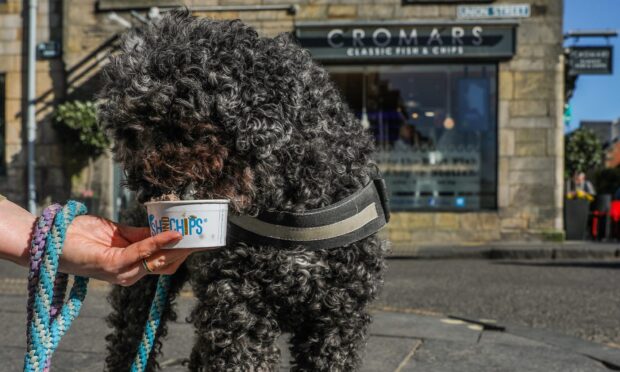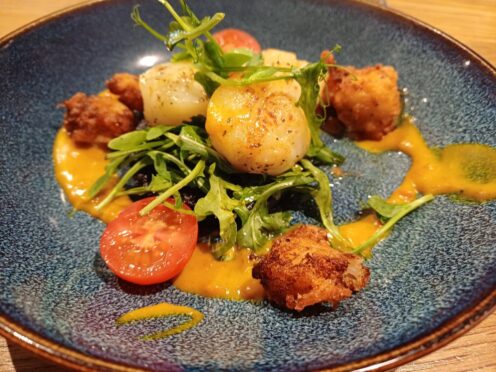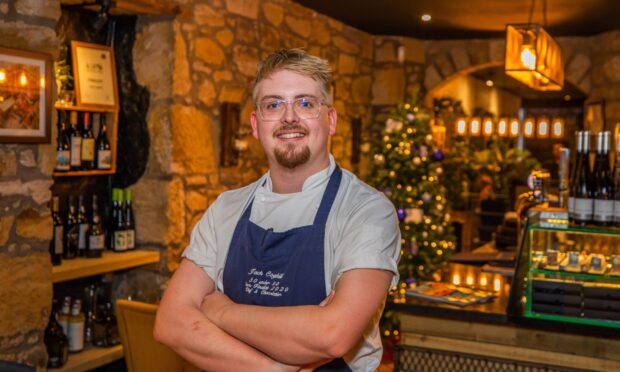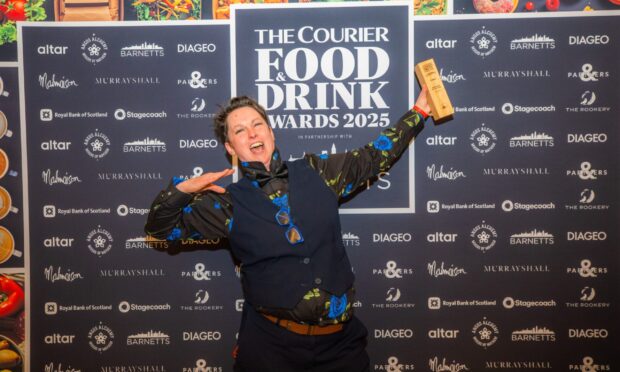In this week’s food behaviour article I explore a vegetarian diet and if following it is as sustainable and healthy a lifestyle choice as it is made out to be.
Vegetarianism dates back long before the 20th century and has been the main diet of choice for many people across different cultures.
As time has gone on, diets from 100% meat to vegan have emerged and have left many people, including myself, wondering what the best course of action is.
With the current costs of living rising and shortages of some foods becoming more apparent due to the war in Russia and Ukraine, following a vegetarian diet, which is said to be more cost effective, doesn’t seem like such a bad idea.
But the question still remains, can you really sustain a vegetarian diet and still remain healthy, strong and satisfied?
What is vegetarianism?
Although this seems like an obvious question, the reality is that the dietary requirements can vary between vegetarians and what they choose to consume or not.
Following a vegetarian diet can have a number of definitions:
- A vegetarian eats no meat, poultry or fish
- A lacto-ovo vegetarian eats dairy products and eggs
- A lacto vegetarian eats dairy products but not eggs
- An ovo vegetarian eats eggs but not dairy products
In many cases the concern over vegetarianism is how those who follow the diet manage to eat enough protein for a balanced lifestyle.
However, aside from these differences vegetarians can find their proteins through beans, pulses, tofu, vegetable protein and tempeh.
What’s it like to be a vegetarian?
Speaking with Dundee-based vegetarian Ermione Markantoni she explains the reason she went vegetarian 3 years ago was because she didn’t like the idea or concept of eating animals.
She said: “I follow a vegetarian diet because I never actually liked the thought of eating animals.
“I slowly started cutting off red meats, then chicken as well and then fish. So it was a gradual process.”
Are there any benefits?
With regards to benefits, the 25-year-old has found that being properly informed about what foods can give you the necessary nutrients has helped her maintain a balanced diet.
She said: “The benefits come after you identify what to eat to get enough plant protein.
“I can’t say I feel my body is stronger than it was before I became a vegetarian.
“But since identifying what the best sources of protein are, I can say I feel as strong as I was before.”
Is it easy to dine out?
In Ermione’s experience, dining out is easier in larger cities but it can be limiting in smaller and more rural areas.
She explained: “Dining out as a vegetarian hasn’t been much of a challenge for myself in cities like Dundee, Edinburgh or Glasgow.
“There is normally a section on the menu for vegetarians/vegans so I don’t feel like I have no options for food
“In smaller cities/towns however the options can be a little bit limited.”
Why do you follow this diet over veganism?
When comparing vegetarianism to veganism, Ermione finds her vegetarian lifestyle allows her to still enjoy the small pleasures in life.
She said: “I follow vegetarianism over veganism mostly because it is less limiting for me in some aspects.
“When there is an option to select the vegan alternative, for example with milk or chocolate I will still select that over dairy products.
“In the chance that there isn’t however, I would still like the option to have some chocolate so the vegetarian diet works better for me.”
Tips and advice
As a final verdict, I would say it is entirely possible to follow vegetarianism and maintain a healthy and balanced lifestyle.
My advice is to ensure you are educated on how to find your relevant proteins, fats, carbs and fibre within your chosen diet.
By consuming the correct types of food, you can still have a healthy and sustainable diet by being vegetarian.
Mariam Okhai is a food and drink journalist who also researches food behaviour.
She has a Masters in Behavioural Science for Management from the University of Stirling. Her undergraduate degree was in Psychology and Business Economics with Marketing.
She is also a certified habit coach.
You can find out more about her research on her Behavioural Foodie website.
